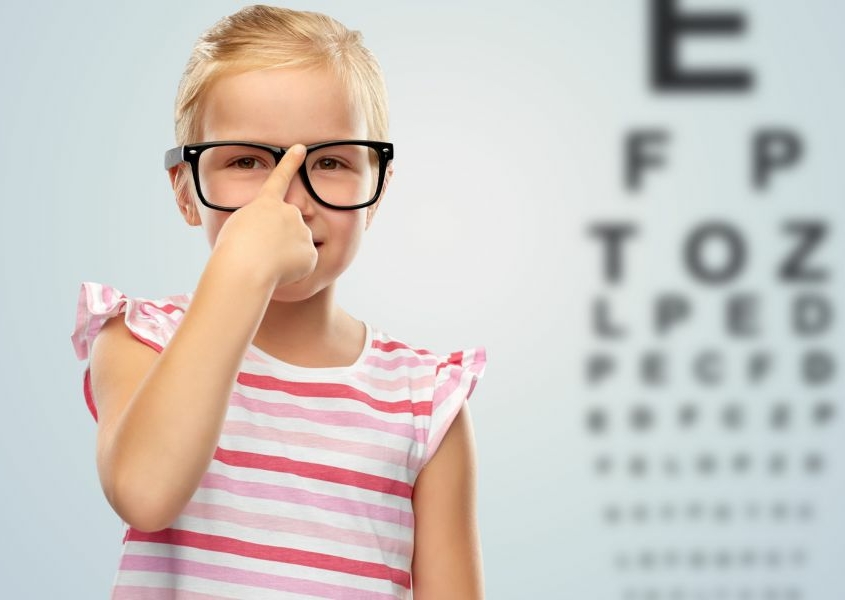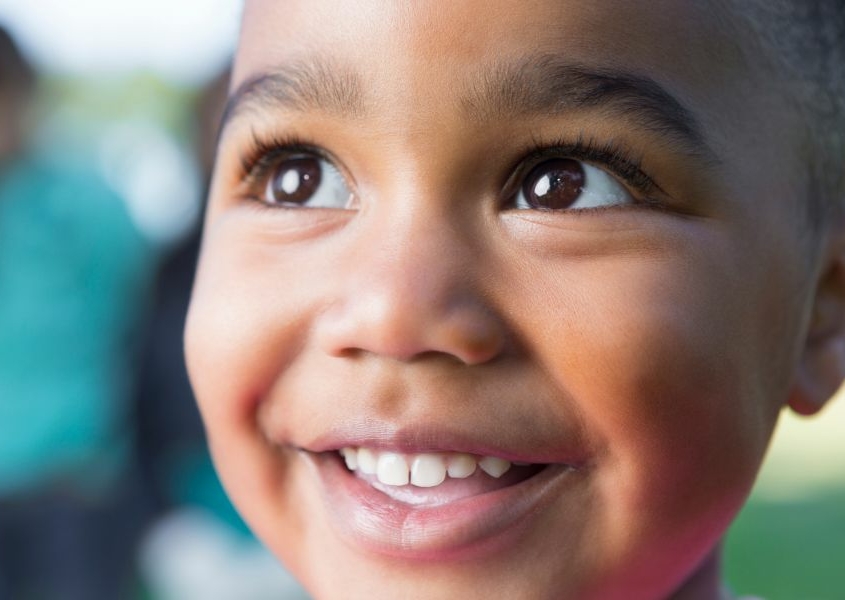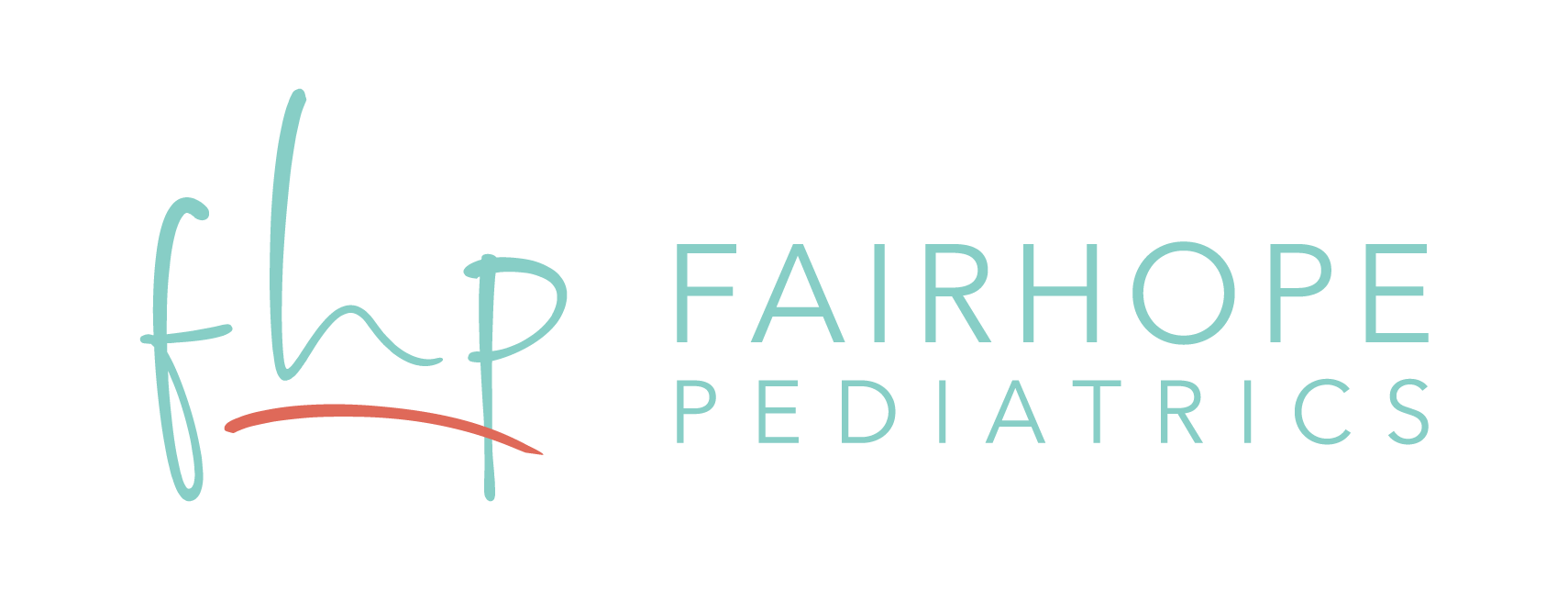Signs Your Child May Need an Eye Exam

As a parent, ensuring your child’s optimal health and development is a top priority. Vision plays a crucial role in a child’s learning and overall well-being. Recognizing the signs that may indicate a need for an eye exam is essential for early detection and intervention.
Common Signs to Watch For:
- Squinting or blinking frequently: If you notice your child squinting or blinking excessively, it could indicate a refractive error such as nearsightedness, farsightedness, or astigmatism. These conditions can cause blurred vision and eye strain.
- Frequent headaches or eye strain: Children with uncorrected vision problems may experience frequent headaches, especially after close-up activities like reading or screen time. Eye strain can also manifest as rubbing or itching of the eyes.
- Difficulty concentrating or short attention span: Vision difficulties can impact a child’s ability to focus and concentrate, leading to academic challenges and behavioral issues in the classroom.
- Holding objects close to the face: If your child holds books, toys, or electronic devices unusually close to their face, it may be a sign of nearsightedness or other vision problems.
- Eye rubbing or redness: Persistent eye rubbing or redness can indicate eye irritation, allergies, or underlying vision issues that require evaluation by an eye care professional.
- Poor hand-eye coordination: Vision problems can affect hand-eye coordination, making activities like catching a ball or tying shoelaces more challenging for children.

If you observe any of these signs or have concerns about your child’s vision, scheduling a comprehensive eye exam with an optometrist or ophthalmologist is recommended. Early detection and treatment of vision problems are crucial for your child’s academic success, social development, and overall quality of life. At Fairhope Pediatrics, we will test your child’s vision as part of their routine wellness check.

Regular eye exams are essential, even if your child does not display obvious signs of vision problems. Many eye conditions can develop gradually and may not cause noticeable symptoms until they have progressed significantly. By prioritizing your child’s eye health and scheduling routine eye exams, you can ensure they have the best possible vision and visual function for years to come.
If you have any concerns about your child’s vision, please contact one of our providers to discuss your concerns.
